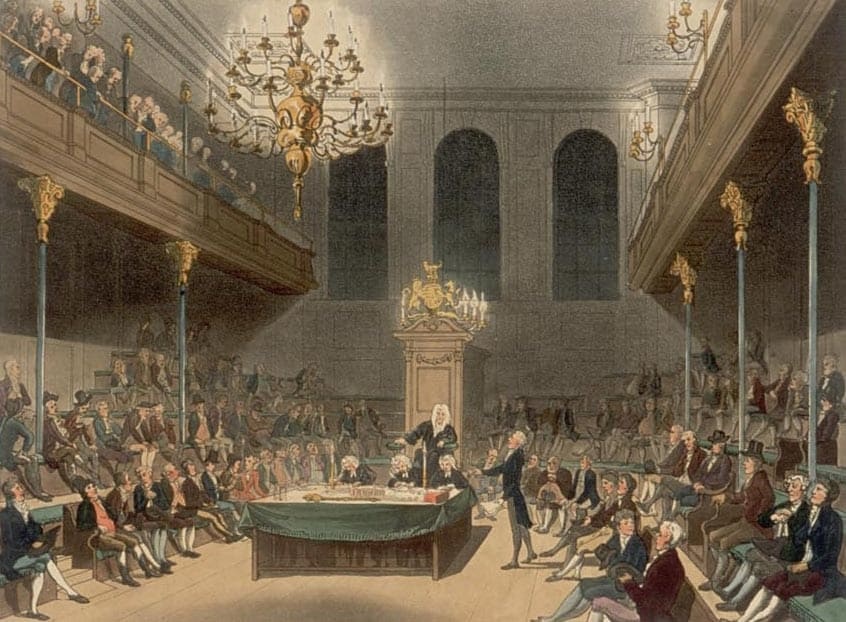With only four more sessions to go before the election, our panel reflect on a rare unanimous victory for the Leader of the Opposition…
Sam Oakley
That was impressive from Miliband – genuinely very impressive. The Leader from the Opposition is always at his best at PMQs when he’s not feigning moral indignation but is measured, calm and precise and he was all of that and more today. Equally, the Prime Minister is at his worst when he has to resort to union-bashing – which is essentially his only option when he can’t pivot back to the economy. Miliband gave him absolutely no chance to do that today – and despite arguably being wrong on the substance of MPs having second jobs in some respect – he played the game perfectly.
The idea that politicians pay is topping the agenda this close to an election (Ukraine anyone? Isis?) is perhaps a little strange, but the contempt with which the public holds politicians is absolutely central to the 2015 agenda for all parties. Miliband has had a tendency to take the populist angle on a number of issues (energy prices, tuition fees etc) and does so to varying effect, but in this regard he has judged the public mood perfectly. There are many who feel that MPs should be paid more and should be allowed to have a second job to give them a non-Westminster perspective, but the public at large detests the idea of both and Miliband is on to a winner here. A couple more strong showings like this that make Cameron look tired and out-of-touch with public sentiment may be all that Ed needs to reassure those swing voters that he, after five long years, has genuine leadership credentials.
Tom Bage
Ed Miliband hasn’t beaten David Cameron at PMQs for quite some time, but today he was the clear winner. On MPs’ second jobs, he was able to skewer the PM by hammering away at that one question – and then skilfully offering to remove Labour MPs’ right to be paid trade union officials. Cameron was unable to answer and looked discomfited under scrutiny, as he often does. There may be merit in defending the link between our parliamentarians and the outside world of work, but the PM is making a very tough case when public contempt for our MPs is running so high (and when, lest we forget, an MP already earns close to double the national median salary).
There are only a handful of these sessions left before the election – and although most of them are unlikely to swing the voting intentions of undecided electors, they are crucial for boosting party morale in Westminster. On that measure, Ed Miliband will be by far the happier leader.
Nathan Jones
A decisive victory in today’s PMQs for Labour and Ed Miliband, as the Prime Minister wobbled visibly around questions of second jobs for MPs. Ed pursued the lesser-spotted tactic of political compromise to wrong-foot his opponent, who was dumbfounded by the concession offered. Ed simply offered to amend Labour’s offered policy on second jobs, adding a ban on paid trades union positions to calm Tory nerves, and Cameron was visibly lost for words…for a moment a before Woostering back to well-worn ripostes.
Cameron was not at his most inventive as he reached for excuses as to why Labour’s proposal was unacceptable, and this should worry his party. Although last week’s lobbying second jobs scandal seems to have resonated most in and around Westminster, the public do not need a second offer to judge MPs for their apparently self-evident profligacy and greed, and Labour’s proposals will likely find a sympathetic audience here. If Cameron is to continue on this line, he will need some better excuses.
Furthermore, today Miliband proved the often-noted point that when the issues are with him, he is an able debater, and not the push-over that his opponents like to imagine. Although recent relentless attacks in the press have succeeded to some extent in portraying him as a hopeless candidate, if he gets a chance to debate the issues on television, it will be in support of policies with not inconsiderable public support (see energy bills, housing, tax avoidance etc.).




